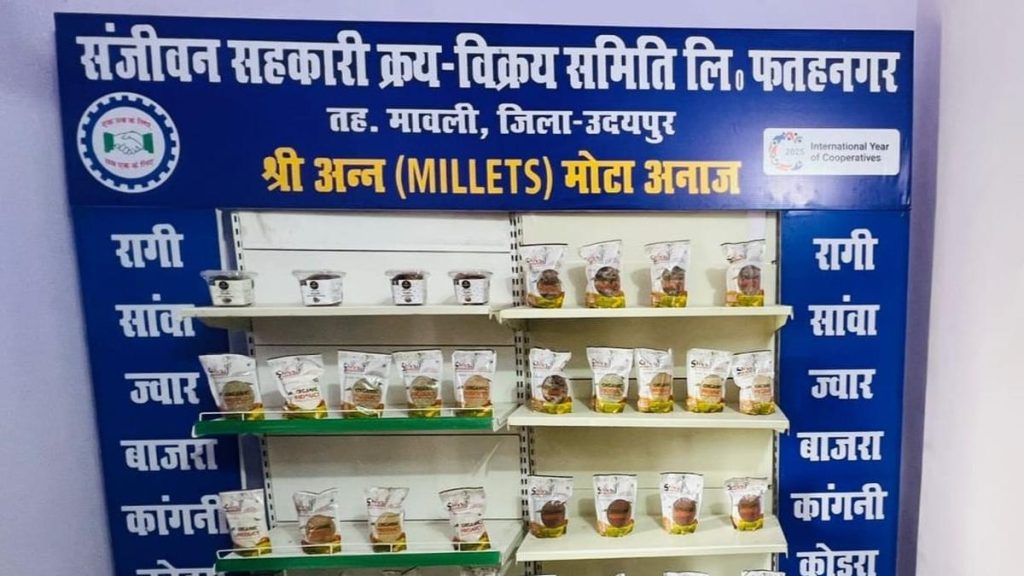Now Reading: 1964 Train Sabotage Attempt by Railway Staff Foiled in Madras
-
01
1964 Train Sabotage Attempt by Railway Staff Foiled in Madras
1964 Train Sabotage Attempt by Railway Staff Foiled in Madras

Rapid Summary
- On October 24, 1964, Rajagopal, a railway gangman near Chengalpattu (now Chennai), noticed fish-plates and keys missing from a railway track near Thandalam bridge late at night.
- Three express trains had already safely passed the bridge; however, the fast-approaching tuticorin Express was at risk.
- Displaying quick presence of mind, Rajagopal and Scheduled Caste leader Thangavelu warned the train crew using a red-colored lamp and torchlight to halt the train just in time, averting disaster for hundreds of passengers aboard.
- The subsequent examination led to uncovering sabotage by four individuals-Velu (a gangman) alongside Narayanasami, Natarajan, and Ramasamy-motivated by resentment against their employer during labor disputes. They conspired to damage tracks to discredit their supervisor.
- Police recovered tools used for sabotage after interrogating Velu. All accused were arrested within a month of the incident.
- In trial proceedings in Chengalpattu Sessions Court with over 36 witnesses examined for prosecution:
– The accused were found guilty under Section 120(B) IPC and Section 126(b) of the Railway Act of 1890.
– All four received imprisonment sentences lasting three years.
Indian Opinion Analysis
The case underscores both human resilience amidst crisis and how workplace disputes can escalate into hazardous actions when unresolved. It serves as an meaningful example illustrating heroism-particularly Rajagopal’s presence of mind-and community collaboration such as Thangavelu’s assistance in preventing potential tragedy.
On broader implications:
- Worker Grievance Management: Labor relations remain crucial in industries like transportation where employee dissatisfaction can lead not only to work stoppages but critical risks impacting public safety-a thread relevant even today across sectors reliant on trust management between employers/employees alike!
2.Safety-Sabotage ethics domain legal judiciary sentence verdict robust protected applicable:Equity/history malpractice safeguards tough law fines axsistence engrad practices whistle ensurance learnedsharing lawful model inspect agencies valuable reminder”>— importance stronger

























